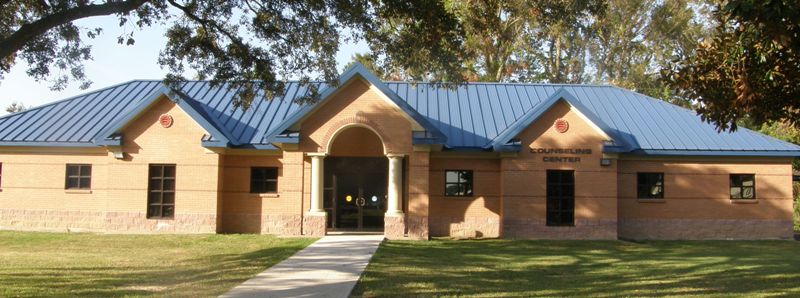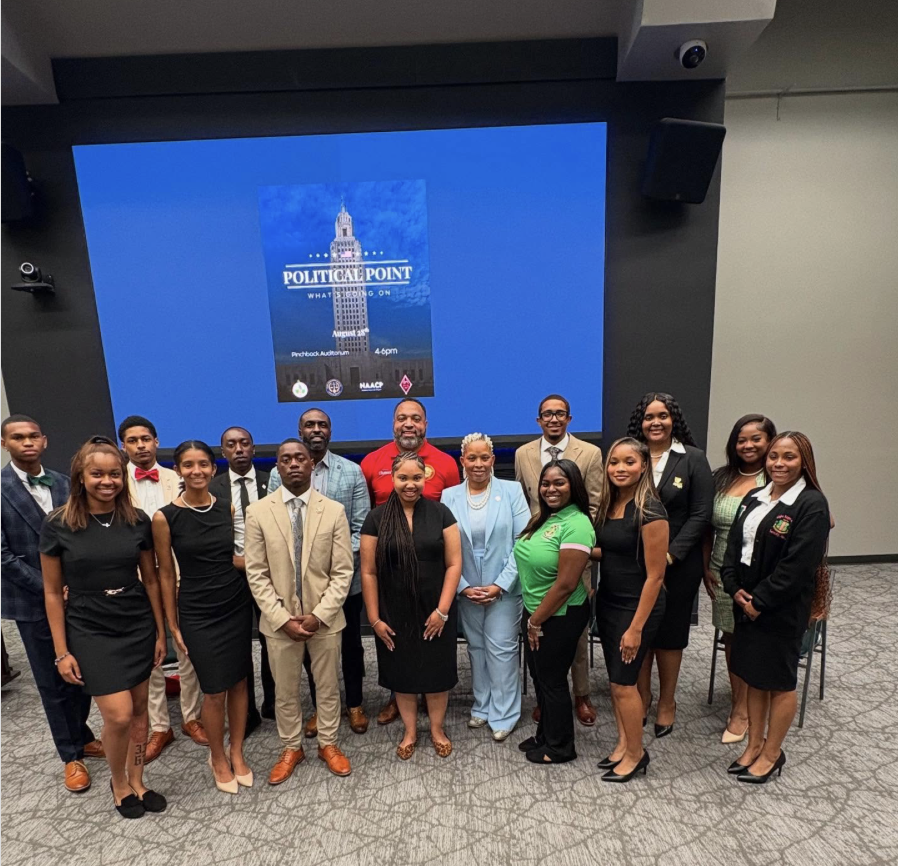As voting season comes to an open, the race for the next governor of Louisiana has become heated among its main candidates, with signs and television ads at every turn. Out of the possible 13 candidates, Walter Boasso, Foster Campbell, John Georges and Bobby Jindal are considered the major front-runners, mainly due to financial support and other endorsements.
With the primary election nearing and absentee voting underway as of October 13th, the time has come to truly evaluate these candidates in order to get an idea of what he or she represents. When randomly surveyed, the SU student body viewed stances on education, the future job market, violence, ethics, racial tensions and health care as the main issues that would ultimately decide who they would vote for.
Chantel Foster, a junior marketing major from New Orleans, said that out of the four major candidates, she has only heard of two, which are John Georges and Bobby Jindal. She also said that better education is definitely an issue that she feels strongly about, but more than likely she will be voting for a Democrat, due to personal party affiliation reasons.
“Democrats usually are a little more thoughtful when it comes to issues that affect the Black community,” said Foster.
Tonica Fresch, a sophomore criminal justice major from Lake Charles, is another one of the many SU students who is a registered voter. She is not sure if she will vote and for whom in the October 20th primary election.
Taken from each of the candidates’ personal campaign sites are quick overviews on each of the four major candidates, and their stance on the major issues such as education, Louisiana economy, and health care.
First, there is democrat State Senator Walter Boasso of Arabi, who feels that as a method to Louisiana’s problem of high dropout rates, there should be a vocational option offered to students. Boasso wants to implement several trial programs that will hopefully promote secondary education through mentoring and programs such as “Operation Jumpstart”. Senator Boasso also would like to improve the healthcare system by using a portion of the $1billion used to fund the states’ charity hospital system to supplement small businesses that are unable to offer health coverage to its employees.
Democrat Public Service Commissioner and former State Senator Foster Campbell of Shreveport, says that, “Money in the classroom is the answer.” As governor, Foster Campbell will eliminate the state income tax, which will make Louisiana more attractive to foreign business, opening the job market.
Campbell would replace the money being given back to Louisianans by updating the severance tax on gas and oil by implementing a processing fee that would produce roughly $5.5 billion each year that would be allotted to restoring coastal wetlands, highway construction, improving schools, and other critical needs.
Third, there is independent New Orleans businessman John Georges of Metairie, who as governor would work to coordinate workforce development programs and consolidate efforts so that Louisiana has better training programs that would give our people the skills needed for better jobs. Georges would also work to improve Pre-K through 12th grade education systems in every community in the state, and establish the Governor’s Council on Multicultural Issues comprised if white, black, Hispanic and Asian-Americans, who are business, civic, academic and religious leaders to advise the governor on easing racial tensions.
Finally, there is republican U.S. Representative Bobby Jindal of Kenner, who believes that in order to address high school dropout rates, there should be more placement courses and honors courses for college-bound students and increased vocational training for those who are not by improving classroom discipline and reducing paperwork for teachers and counselors. Jindal also would like to remove taxes on utilities, equipment and manufacturing, in order to attract more investors and help make the reality of abundant high paying jobs possible in Louisiana. As governor, Bobby Jindal would also like to implement less reliance on the charity hospital system and more private sector involvement.
When asked the question of whom he supports, Dr. William Arp III, a Professor of Political Science at SU said that he would not comment because he did not want to feel as though he were trying to influence his students.
“Students should look at each candidate critically, in order to determine who is protecting the interests of the black community. The election is hinged on the black vote, so if blacks do not vote the interests of the black community and this institution (SU) may not be protected,” said Arp.
Other candidates for governor and their party affiliations include: B. Alexandrenko-Other; Vincent Mark Castillo-no party; Sheldon Forest-no party; Anthony “Tony G” Gentile, T. Lee Horne, III-Libertarian; M.V. “Vinny” Mendoza-Democrat; Arthur D. “Jim” Nichols-no party; Hardy Parkerson-Democrat; and Mary Volentine Smith-Democrat.
The final televised debate among the leading candidates took place on Thursday, October 18th on local Channel 9 WAFB. The debate covered issues ranging from healthcare to the future of the Louisiana economy. As the candidates fight to distinguish themselves and capture votes, a recent poll taken by WWL-TV, puts Bobby Jindal at a 50 percent lead with voters and 22 percent undecided. Though all of the gubernatorial candidates each have differing views when it comes to the economy and health, they all agree that education must be improved dramatically through more funding and more options for students.
For more information on all of the candidates, visit wafb.com and click on the Political Action Center link to view candidate profiles, to view replays of televised debates and forums and links to personal campaign sites.
Categories:
Governor race focus of Saturday’s statewide elections
October 23, 2007
0
More to Discover





